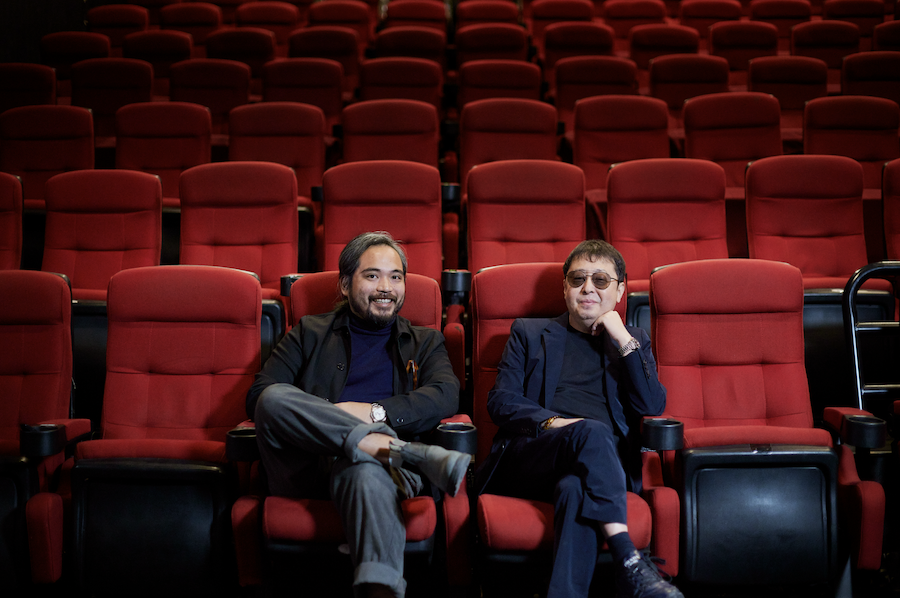
The Rolex Perpetual Arts Initiative has been investing in the arts for over 50 years as part of its commitment to global culture, connecting emerging talents with established ones. Previous mentorship programs have featured notable figures such as Martin Scorsese, Joan Jonas, and David Chipperfield.
In the most recent cycle, the landmark Chinese director Jia Zhangke was paired with Filipino director Rafael Manuel, resulting in two years of artistic collaboration that concluded last week at the Toronto International Film Festival. There, they joined TIFF CEO Cameron Bailey on stage to discuss insights from their artistic exchange.
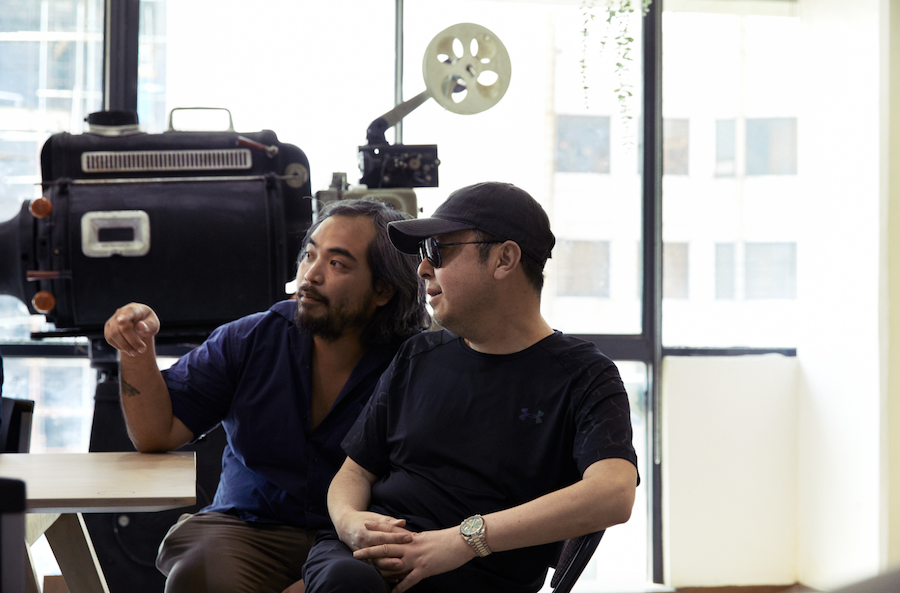
Speaking at a roundtable interview, Manuel shared a maxim he heard from another protégé: “Mentorship can be seen as a river, and it’s up to the mentee to bring a cup.” He fully immersed himself in Jia’s world, asking questions at every step of the process. Their collaboration began at the height of Covid, with Manuel visiting Jia in China during the editing of the auteur’s latest film Caught by the Tides, which screened at TIFF and premiered at Cannes. “In film editing, you can see precisely what the director wants you to see,” says Manuel. “But to delve into his unedited, unfiltered thoughts at different points in his life was a deeply personal experience and a generous act.” Culled from over 20 years of footage shot in various film and video formats, Caught by the Tides is a collage film unlike any other that feels simultaneously new and old.
Meanwhile Jia wanted to embrace a transparent approach to mentorship, making sure Manuel observed his weaknesses and struggles, while stressing that “we can always create amidst the chaos.” Jia’s interest in the mentorship program reflects his roots in the Chinese classical education system, where training directors traditionally involved a mentor-apprentice relationship. This hands-on approach fosters a shared learning environment, "where theory becomes crystallized in action."
After being presented with a shortlist of potential protégés by Rolex’s advisory board, Jia chose Manuel on the strength of his short films, including Filipiñana, which won the Silver Bear Jury Prize at the 2020 Berlin International Film Festival, impressing Jia with its “autonomy of aesthetic.”
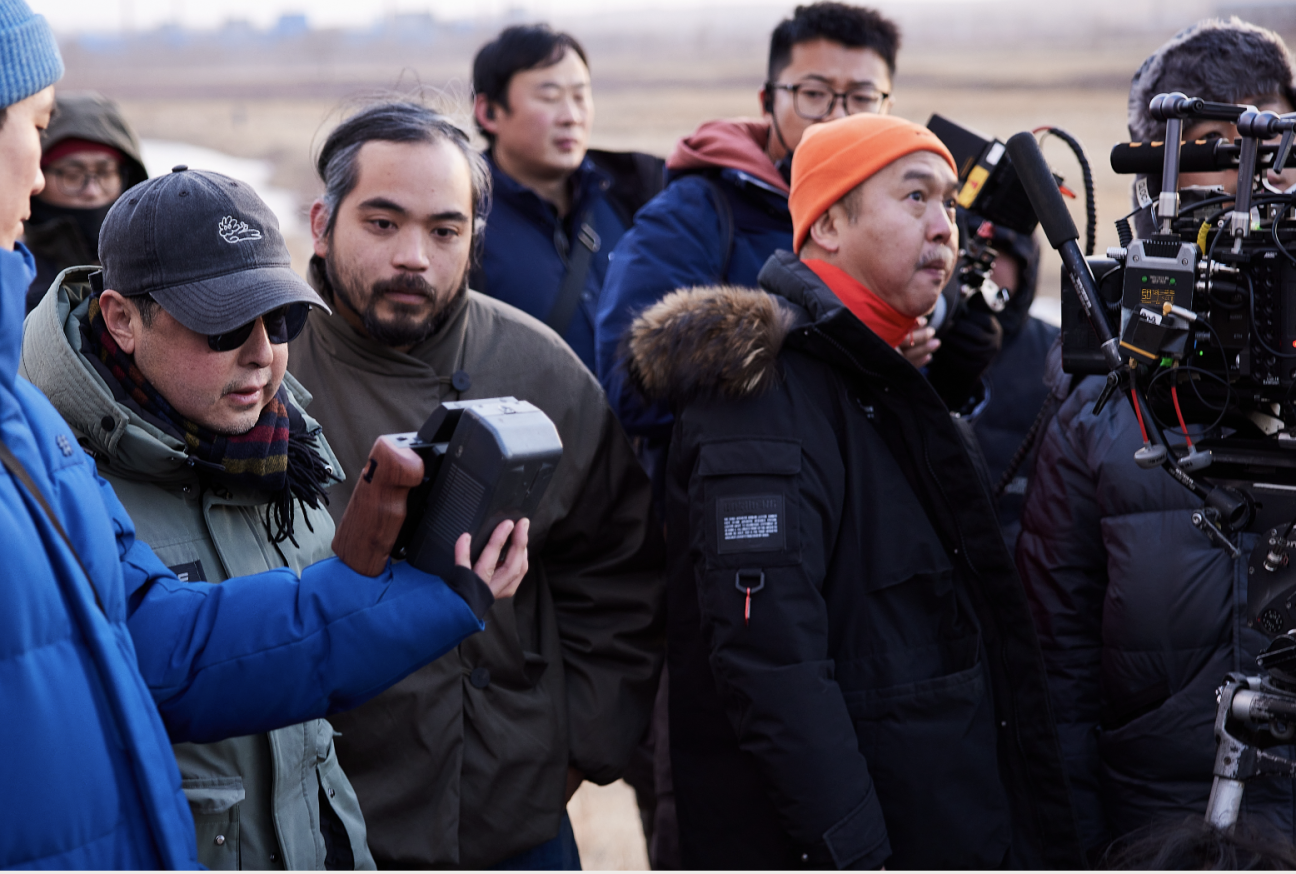
While their films are aesthetically distinct, both directors share an interest in depicting social issues, and their works carry a political charge. Jia's dramas have continually depicted the evolving landscape of China, and as the world changes he believes it's essential to find new approaches to filmmaking to authentically represent modern realities. “More and more, I believe that the traditional methods may fall short, and my gaze on the world also needs to change and evolve along with it.”
For Manuel, who divides his time between Amsterdam, Berlin, and Manilla, the main challenge is undoing the Western gaze on the Philippines as a developing country. During the TIFF conversation, audiences were shown an exclusive clip from his upcoming feature Filipiñana. In this expanded version of the short film, he’s working to create a new visual language that can add texture to the banalities of violence that are present in Filipino institutions.
The bond between the directors, who spoke affectionately of one another, was evident in their hope to maintain their connection. In the meantime, they will continue to transmit knowledge and foster generational exchange independently. Jia with his Pingyao International Film Festival, created in part to highlight new filmmakers and establish a new network for them; and Manuel with his artist collective Idle Eye, which aims to amplify new voices for filmmakers in Europe who have limited access to funding.

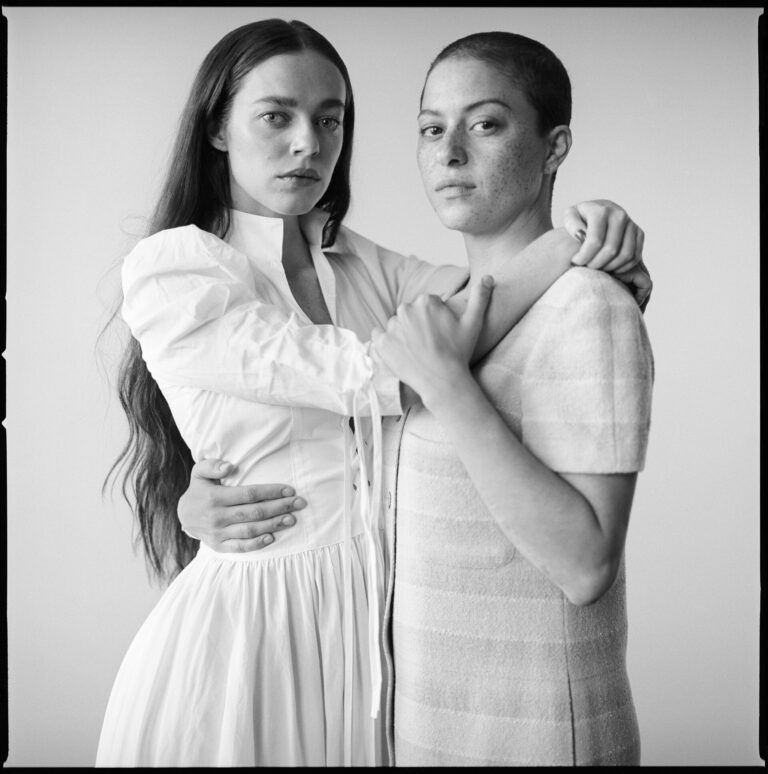

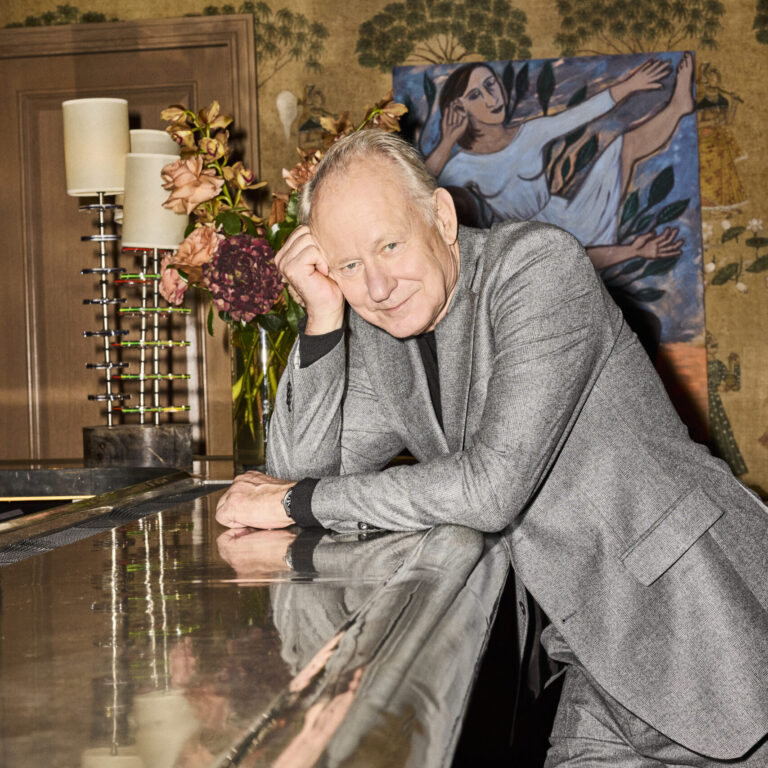
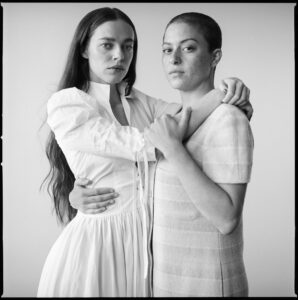





 in your life?
in your life?

